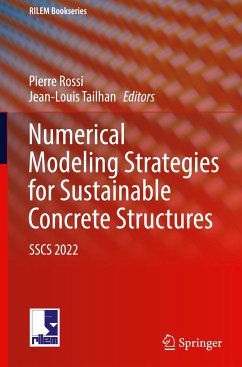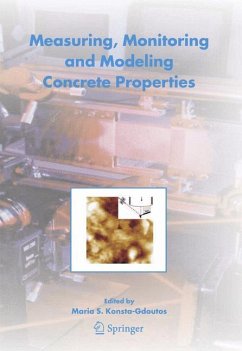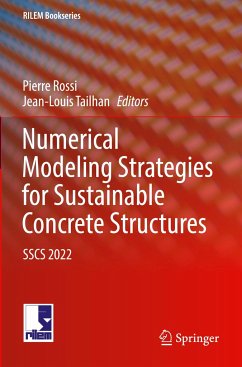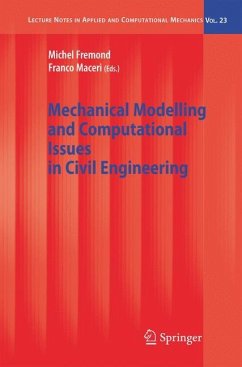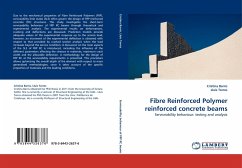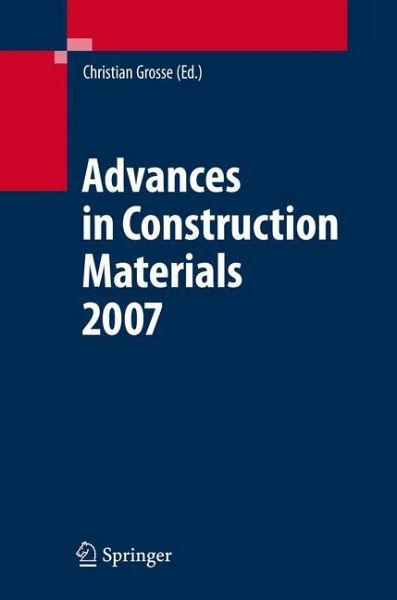
Advances in Construction Materials 2007

PAYBACK Punkte
76 °P sammeln!
This book addresses one of the most important material categories: Materials used for constructions. A large percentage of the gross national product of most co- tries goes into infrastructure and buildings. This statement is true not only for the present but for most other periods in history, and for most cultures. This explains why understanding the behavior of construction materials has always been the - ject of intense investigations. The construction industry consumes extreme v- umes of material, and the growing demand for quality and safety require conti- ous improvement of materials and...
This book addresses one of the most important material categories: Materials used for constructions. A large percentage of the gross national product of most co- tries goes into infrastructure and buildings. This statement is true not only for the present but for most other periods in history, and for most cultures. This explains why understanding the behavior of construction materials has always been the - ject of intense investigations. The construction industry consumes extreme v- umes of material, and the growing demand for quality and safety require conti- ous improvement of materials and material compositions. A deep understanding of material behavior is essential to enable efficient construction: light-weight or heavily burdened structures ask for the development of innovative composites or new material compositions. Rapid economic growth and a dense and growing population require sensitive and sustainable use of resources. Finally efficient use of resources means extending the usage of existing structures, so non-destructive testing methods are needed to assess the safety and utility of these structures. Civil Engineers and Material Scientists from all over the world are openly d- cussing ideas for new materials, and for structural health monitoring. Over the last decade many innovations have come to fruition, primarily in the field of comp- ites but also for improving the design of existing material. This is especially true for concrete, perhaps the most used material in the world - broadening its range of applications and improving performance.





